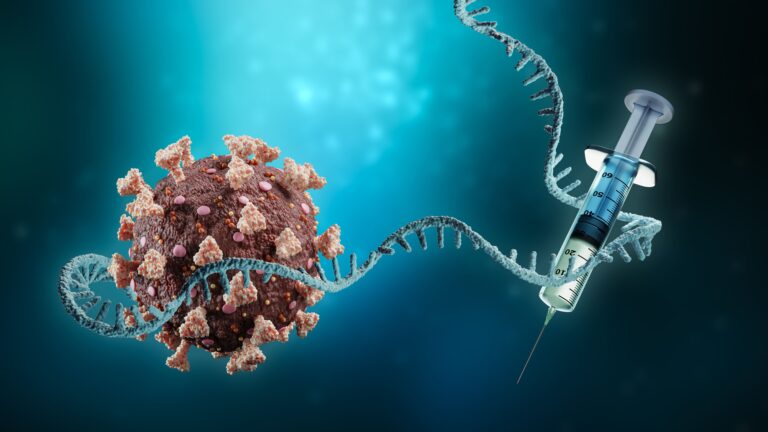StemBeads® FGF2 is a revolutionary growth factor supplement that offers a more efficient way to grow FGF2 dependent stem cell cultures.
 This supplement delivers a steady release of growth factor into your media of choice creating a more stable environment allowing for:
This supplement delivers a steady release of growth factor into your media of choice creating a more stable environment allowing for:
- Reduction of media changes by 67%
- Better culture quality through reduction of spontaneous differentiation
- No change of culture conditions – use your favourite media
I hear you thinking “Well, that’s just more marketing promises… “. Well, it isn’t, it’s real life!
Just read on and see some of the feedback from researchers…
Christine Miller, Research Assistant – Harvard University, Joslin Diabetes Center, Amy Wagers Lab
“I used the Stem Culture FGF2 beads on both a normal line and Swachman-Diamond Syndrome line of human iPS cells in my media over the weekend. I added iPS media with the Stem Culture FGF2 beads substituting for the FGF in my typical media on Friday, and by Monday my cultures still looked remarkably healthy. It’s so liberating to know there’s a product to relieve the weekend culture feeding!”
Salvatore Iovino, Postdoctoral Fellow – Joslin Diabetes Center, Ronald Kahn Lab
“The beads worked very well in my hands, I used for the last week end and did not observe any differentiation.”
Agnette Kirkeby, Postdoctoral Fellow – Lund University, Anders Bjorklund Lab
“StemBeads worked beautifully on our cells. After 1 month of culturing in Stembeads, the hESC colonies remained nice and undifferentiated, and even seemed to grow faster than in conventional hESC media with bFGF. It’s excellent that we no longer need to come in to change medium during the weekends.”
Maureen Sherry Lynes, Post-Doctoral Fellow – Harvard Stem Cell Institute, Lee Rubin Lab
“In my hands, StemBeads work very well, even when cells are cultured on matrigel in using TESR. I have been feeding my cells very 3 days, and the look at least as good, if not better than cells fed every day without StemBeads. This allows me to take care of more cell lines at once, and to spend more time doing things besides routine tissue culture.”
Gabsang Lee, Ph.D., D.V.M., Assistant Professor – Johns Hopkins University School of Medicine
“I am an Assistant Professor in Johns Hopkins University, School of Medicine. I have extensive experience of culturing human embryonic stem cells (hESCs) and human induced pluripotent stem cells (hiPSCs) more than 7 years now. Luckily my lab had a chance to test FGF2 Beads for maintaining hESCs and hiPSCs. FGF2- beads showed successful results. Whenever I met someone who wants to start any research with hESCs and hiPSCs, they are worrying about tissue culture. Indeed these cells need very special care. One of the issues is that these cells should be fed everyday, which compromises several things, including work hours during weekend and holiday season, wasting expensive culture media and increasing chances of contamination. But the FGF2-beads can solve these issues and should be very attractive choice for the researchers who are working on these particular cell types.”
Monica Zhou, Staff Scientist – New York Stem Cell Foundation
“We choose StemBeads FGF2 in order to use in combination with cell surface marker antibody for live cell immunostaining, and we have been very pleased with the product:
Stembeads FGF2 are stable with good quality, the beads gradually release FGF2 into the cell culture medium, which allow us to finish the assays in a 2-3 days timeframe without medium change.”
Jack Sandoe, Graduate Student – Harvard Stem Cell Institute, Kevin Eggan Lab
“The StemBeads FGF2 worked really well in my hands. They allowed me to change the media every 3 or 4 days without any problems with differentiation. After a week and half of using StemBeads FGF2 I had beautiful plates of undifferentiated stem cells while using half the amount of media. This allowed me to spend more time doing important experiments and spend less money on expensive stem cell media.”
Try StemBeads FGF2 and join the ever-growing community of users!

Interested in learning more about other tools like this?
Subscribe to thematic newsletters on your favourite research topics.



